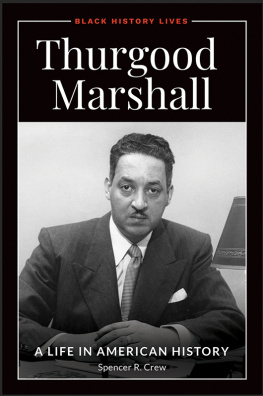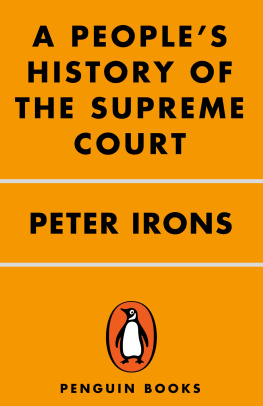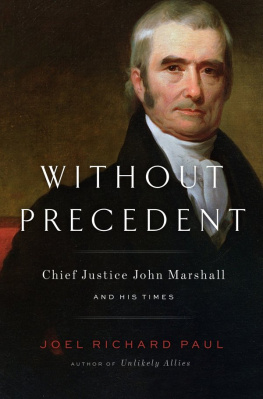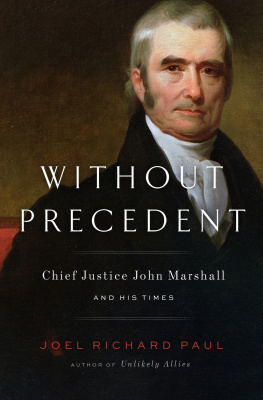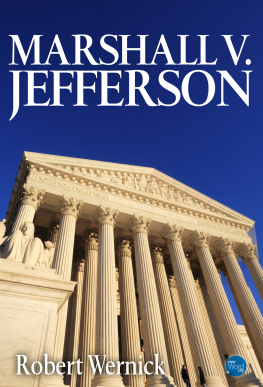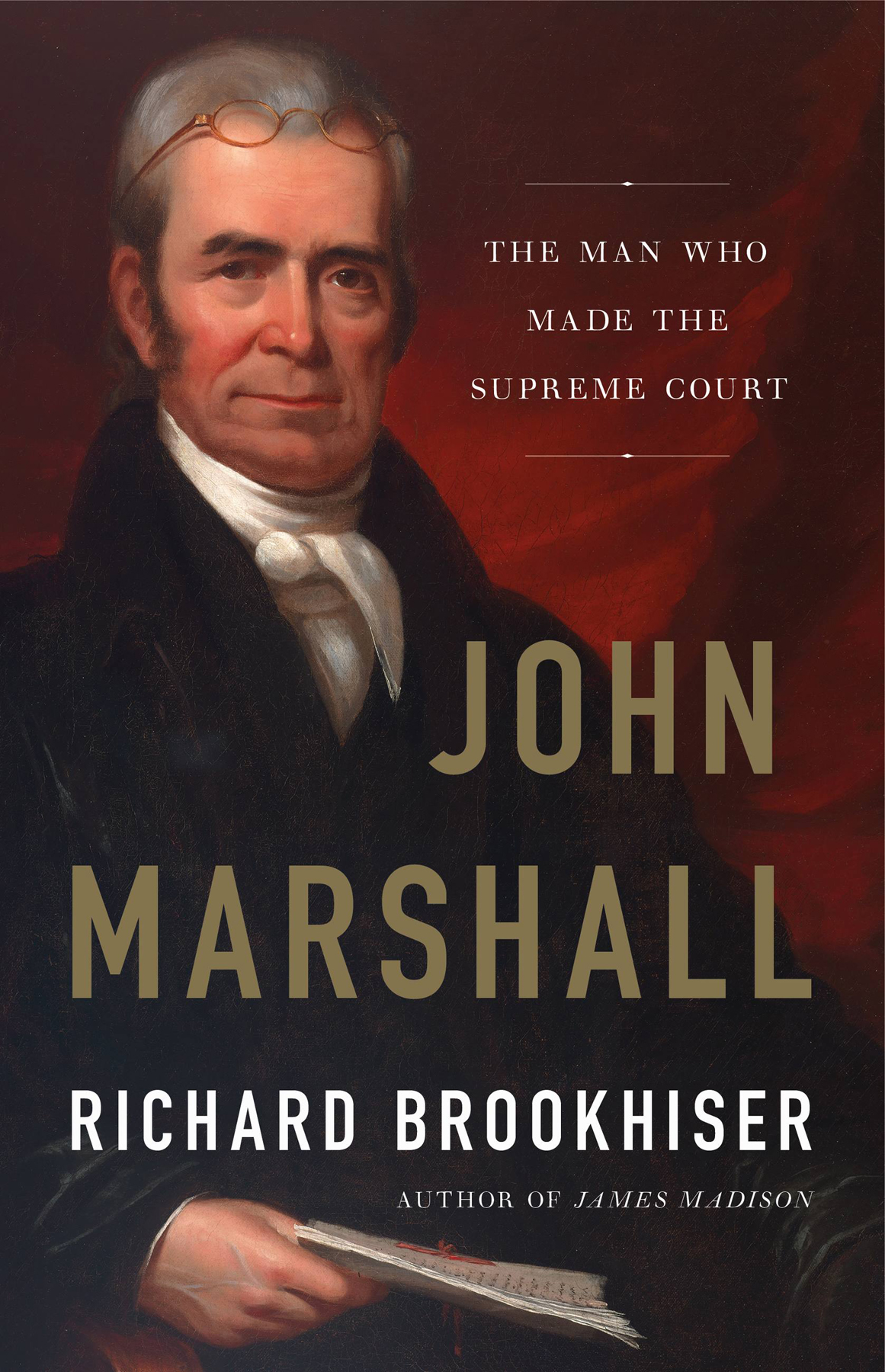Richard Brookhiser - John Marshall: The Man Who Made the Supreme Court
Here you can read online Richard Brookhiser - John Marshall: The Man Who Made the Supreme Court full text of the book (entire story) in english for free. Download pdf and epub, get meaning, cover and reviews about this ebook. year: 2018, publisher: Basic Books, genre: History. Description of the work, (preface) as well as reviews are available. Best literature library LitArk.com created for fans of good reading and offers a wide selection of genres:
Romance novel
Science fiction
Adventure
Detective
Science
History
Home and family
Prose
Art
Politics
Computer
Non-fiction
Religion
Business
Children
Humor
Choose a favorite category and find really read worthwhile books. Enjoy immersion in the world of imagination, feel the emotions of the characters or learn something new for yourself, make an fascinating discovery.

- Book:John Marshall: The Man Who Made the Supreme Court
- Author:
- Publisher:Basic Books
- Genre:
- Year:2018
- Rating:4 / 5
- Favourites:Add to favourites
- Your mark:
John Marshall: The Man Who Made the Supreme Court: summary, description and annotation
We offer to read an annotation, description, summary or preface (depends on what the author of the book "John Marshall: The Man Who Made the Supreme Court" wrote himself). If you haven't found the necessary information about the book — write in the comments, we will try to find it.
In 1801, a genial and brilliant Revolutionary War veteran and politician became the fourth chief justice of the United States. He would hold the post for 34 years (still a record), expounding the Constitution he loved. Before he joined the Supreme Court, it was the weakling of the federal government, lacking in dignity and clout. After he died, it could never be ignored again. Through three decades of dramatic cases involving businessmen, scoundrels, Native Americans, and slaves, Marshall defended the federal government against unruly states, established the Supreme Courts right to rebuke Congress or the president, and unleashed the power of American commerce. For better and for worse, he made the Supreme Court a pillar of American life.
In John Marshall, award-winning biographer Richard Brookhiser vividly chronicles Americas greatest judge and the world he made.
Richard Brookhiser: author's other books
Who wrote John Marshall: The Man Who Made the Supreme Court? Find out the surname, the name of the author of the book and a list of all author's works by series.

